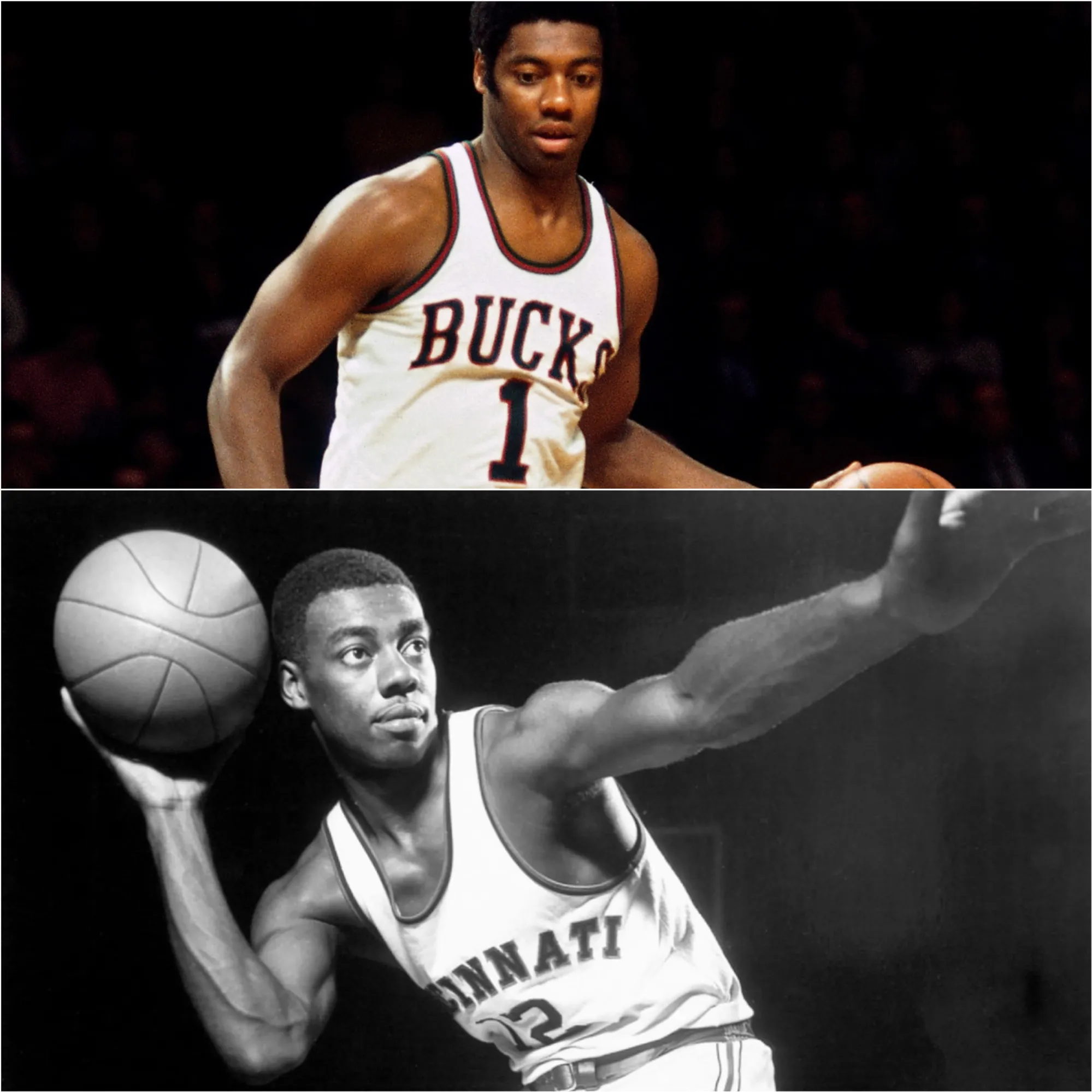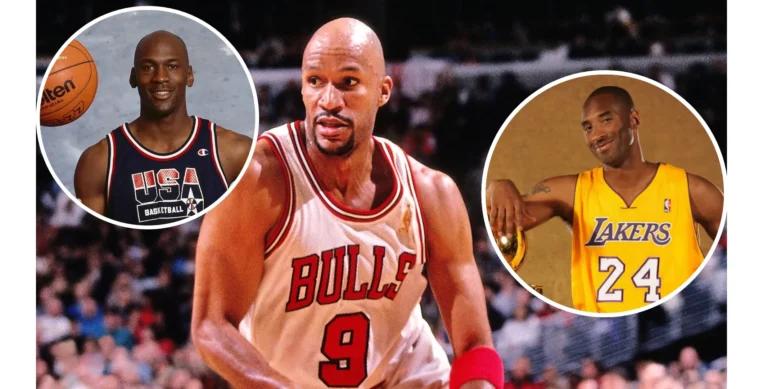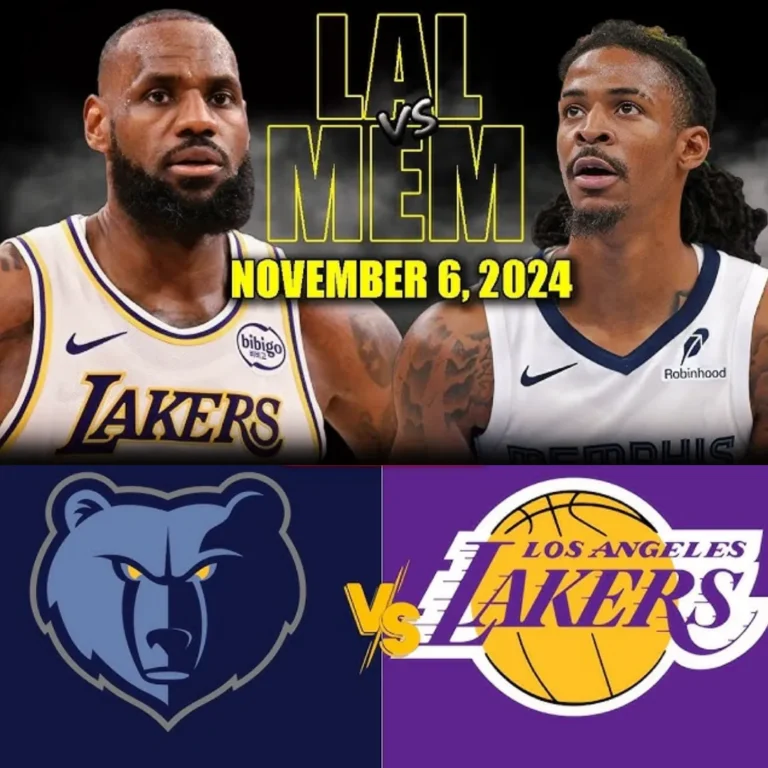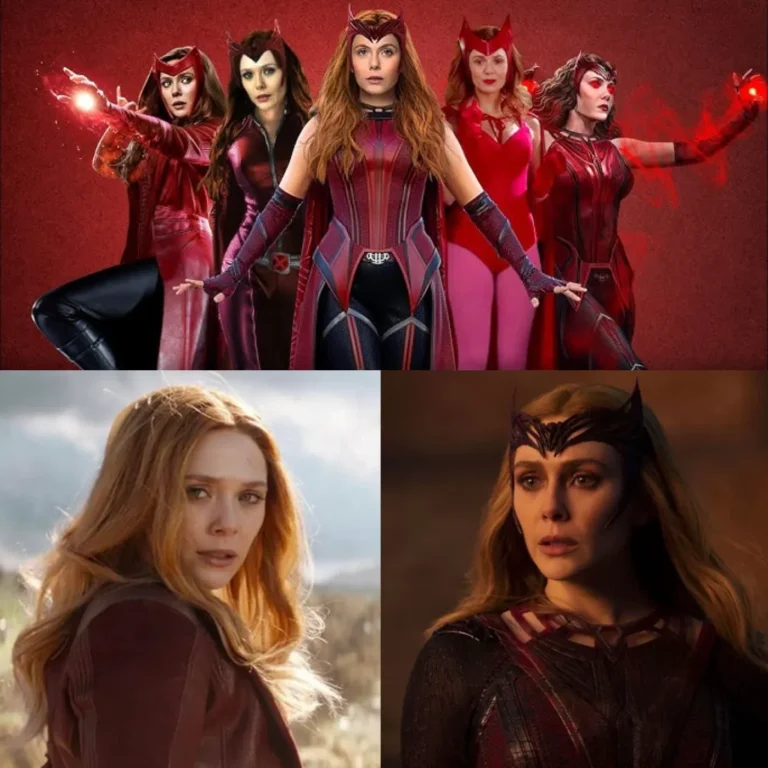
Oscar Robertson’s Chilling Experience with KKK Threats: A Testament to His Courage and Legacy
Oscar Robertson, known as “The Big O,” is not only a legendary basketball figure but also a trailblazer who overcame immense adversity during his career. Throughout his life, Robertson faced many challenges, including terrifying death threats from the Ku Klux Klan (KKK). These threats highlighted the racism he endured as he pursued greatness in the sport. His courage and resolve helped pave the way for future generations of players, as his legacy extended far beyond the basketball court.

Oscar Robertson’s Rise to Basketball Greatness
Oscar Robertson’s basketball career is nothing short of extraordinary. Playing during the 1960s and 1970s, he became one of the most dominant point guards in NBA history. Robertson’s skill, agility, and leadership on the court earned him widespread acclaim, culminating in an NBA Championship win in 1971. He played for the Cincinnati Royals and Milwaukee Bucks from 1960 to 1974, making significant contributions to both teams. During the 1963-64 season, Robertson averaged an astounding 31.4 points, 9.9 rebounds, and 11 assists per game, earning him the NBA Most Valuable Player (MVP) title. His statistics reflect the magnitude of his talent, which has earned him a place in the annals of NBA history.
Facing Racism on and off the Court
Though Oscar Robertson’s basketball accomplishments are legendary, his success was not without immense personal struggle. As a Black athlete during a time when racial tensions were high in America, Robertson often found himself a target of racism. On a recent episode of the ‘All the Smoke’ podcast, Robertson opened up about the terrifying threats he faced from the KKK. He recalled receiving a chilling death threat before a basketball game during the Dixie Classics tournament.
“We were playing the Dixie Classics, and I got a telegram that said, ‘If you play, we’re going to shoot you,’” Robertson shared. Instead of being consumed by fear, Robertson handed the telegram to his coach and continued to focus on the game. He even recalled signing an autograph for a white fan from Alabama shortly afterward, demonstrating his remarkable composure and professionalism in the face of such grave danger.

Childhood Reflections and the KKK Threat
Reflecting on his childhood in Tennessee, Robertson explained that he had always been aware of racial divisions but hadn’t given much thought to the KKK. “Where I grew up, whites and Blacks were separate, but there was no lynching. I didn’t dwell on those threats,” Robertson said. “It wasn’t the first time, and I just never believed they would actually shoot me.”
Despite these horrifying threats, Robertson maintained an unwavering belief that the KKK would not follow through with their violent intimidation. His confidence allowed him to keep playing fearlessly, even as he became a target for hate groups. This determination solidified his role not only as an incredible athlete but as a symbol of courage for Black players in the NBA during a time of significant racial unrest.
The History of the Ku Klux Klan and Its Impact on Athletes
The Ku Klux Klan, often referred to as the KKK, is an infamous white supremacist group that has terrorized African Americans, Jews, Catholics, and other minority groups in the U.S. since its founding in 1865. Using fear, violence, and murder, the Klan sought to uphold white supremacy during the Reconstruction era and beyond. By the time Robertson joined the NBA in 1960, racial discrimination was deeply entrenched in American society, and many African American athletes faced similar threats of violence.
For Robertson, these threats came at a time when civil rights for non-white Americans had yet to gain widespread support across the country. The KKK’s threat against him likely occurred in the late 1950s when he was playing for Cincinnati in the NCAA, leading up to the Dixie Classics tournament.

A Pioneer in Overcoming Racism in the NBA
Oscar Robertson’s experience with the KKK serves as a reminder of the hardships faced by early Black athletes. Though he never directly confronted the Klan, Robertson’s confidence and composure in the face of life-threatening intimidation allowed him to continue playing at the highest level. His bravery, along with that of fellow NBA legend Bill Russell, set a precedent for future generations of players.
Today’s NBA stars still encounter instances of racism, whether from fans or elsewhere, but they owe much to pioneers like Robertson, who stood tall during one of the most tumultuous periods in American history. By refusing to back down, Robertson made it clear that no amount of hate or intimidation would stop him from achieving greatness.
A Legacy of Bravery and Triumph
Oscar Robertson’s career in the NBA remains a shining example of what it means to persevere in the face of adversity. Despite receiving death threats from groups like the KKK, Robertson’s unbreakable spirit and determination allowed him to rise above racism and leave an indelible mark on the sport. He not only excelled as one of the best point guards in NBA history but also became a role model for countless athletes who continue to face discrimination today.
Oscar Robertson’s legacy is more than just statistics and championships—he stands as a symbol of strength, resilience, and courage in the face of hate. His story of overcoming KKK threats is a testament to the power of perseverance and remains a critical part of NBA history.






